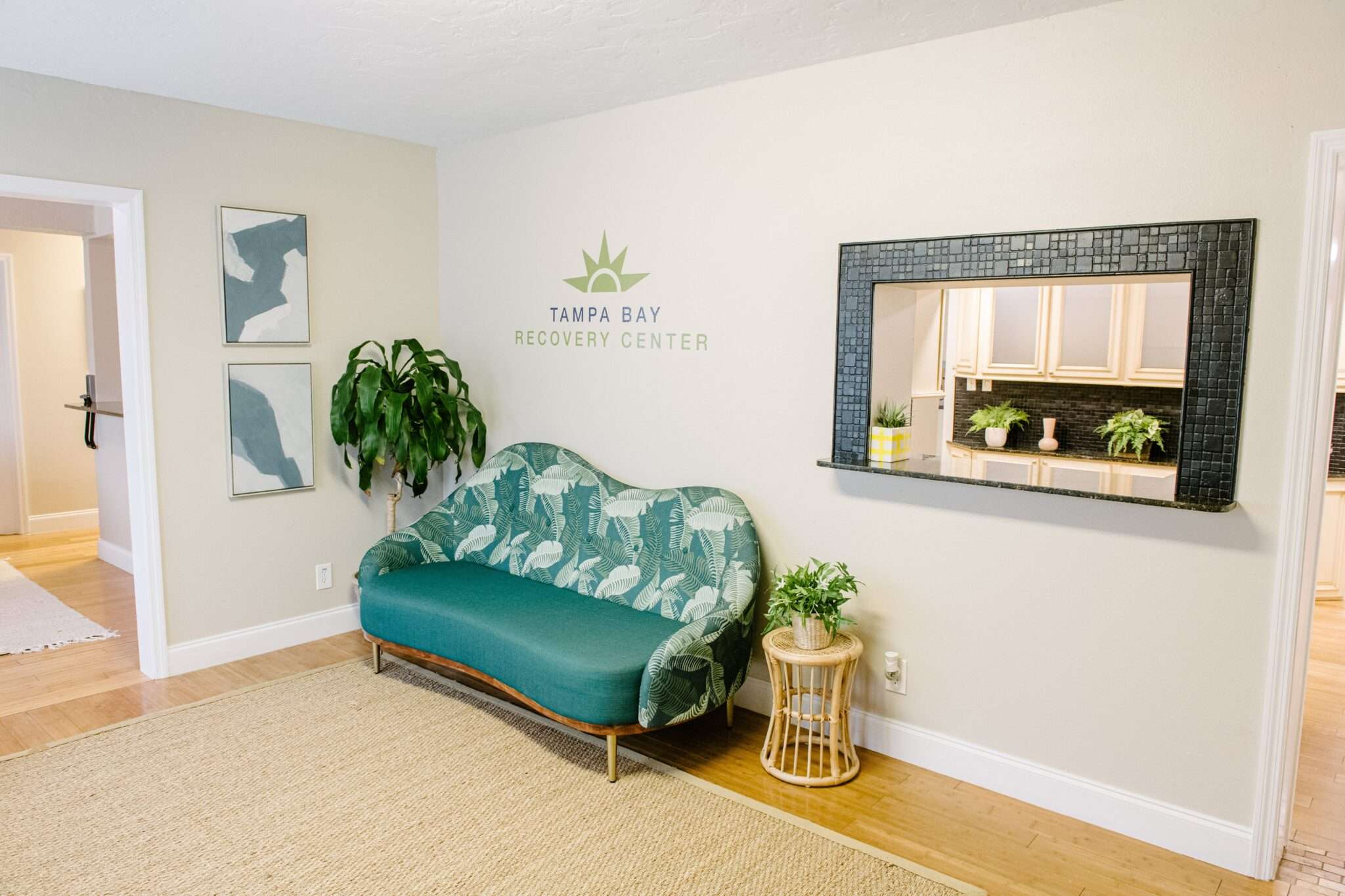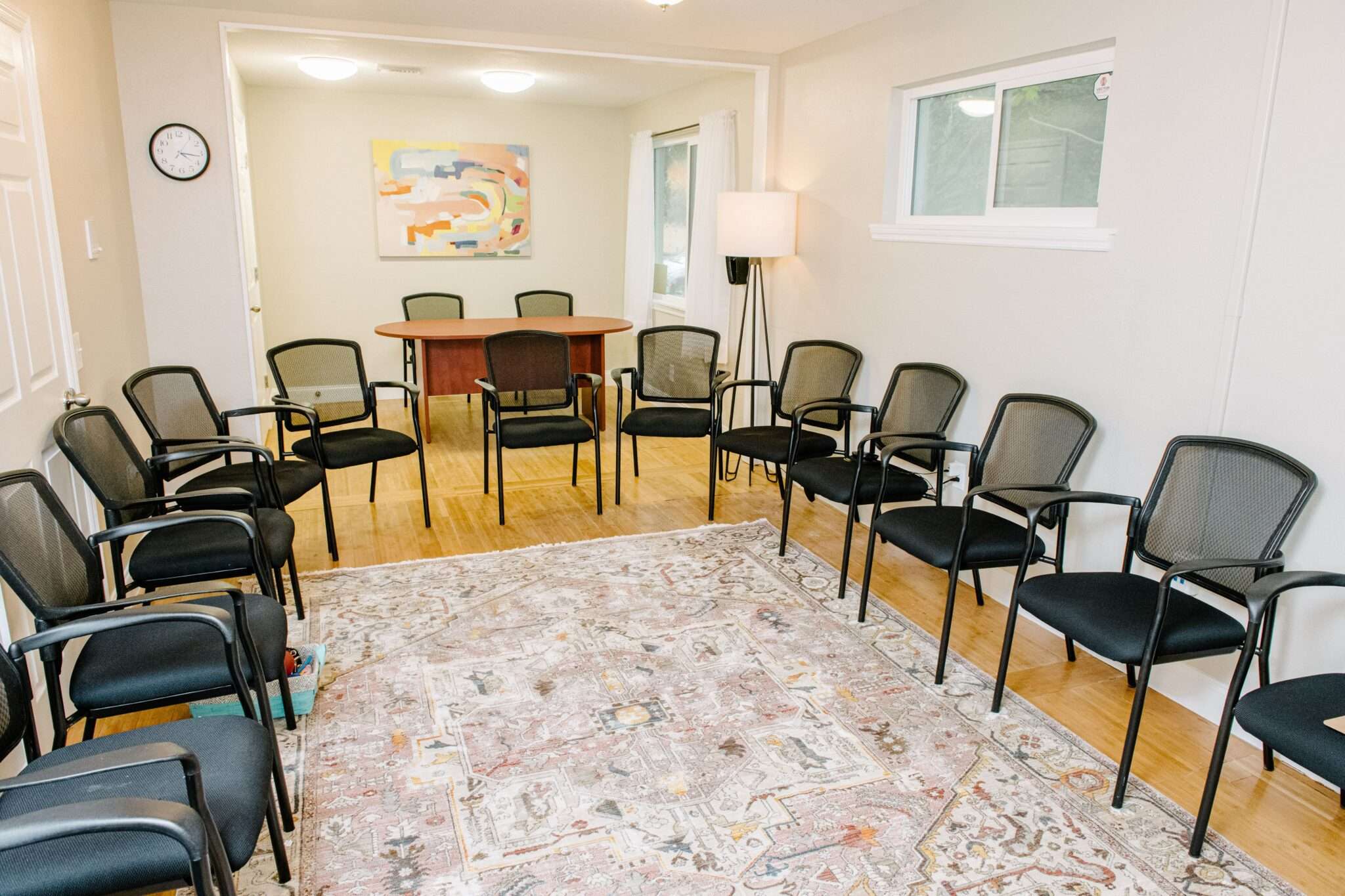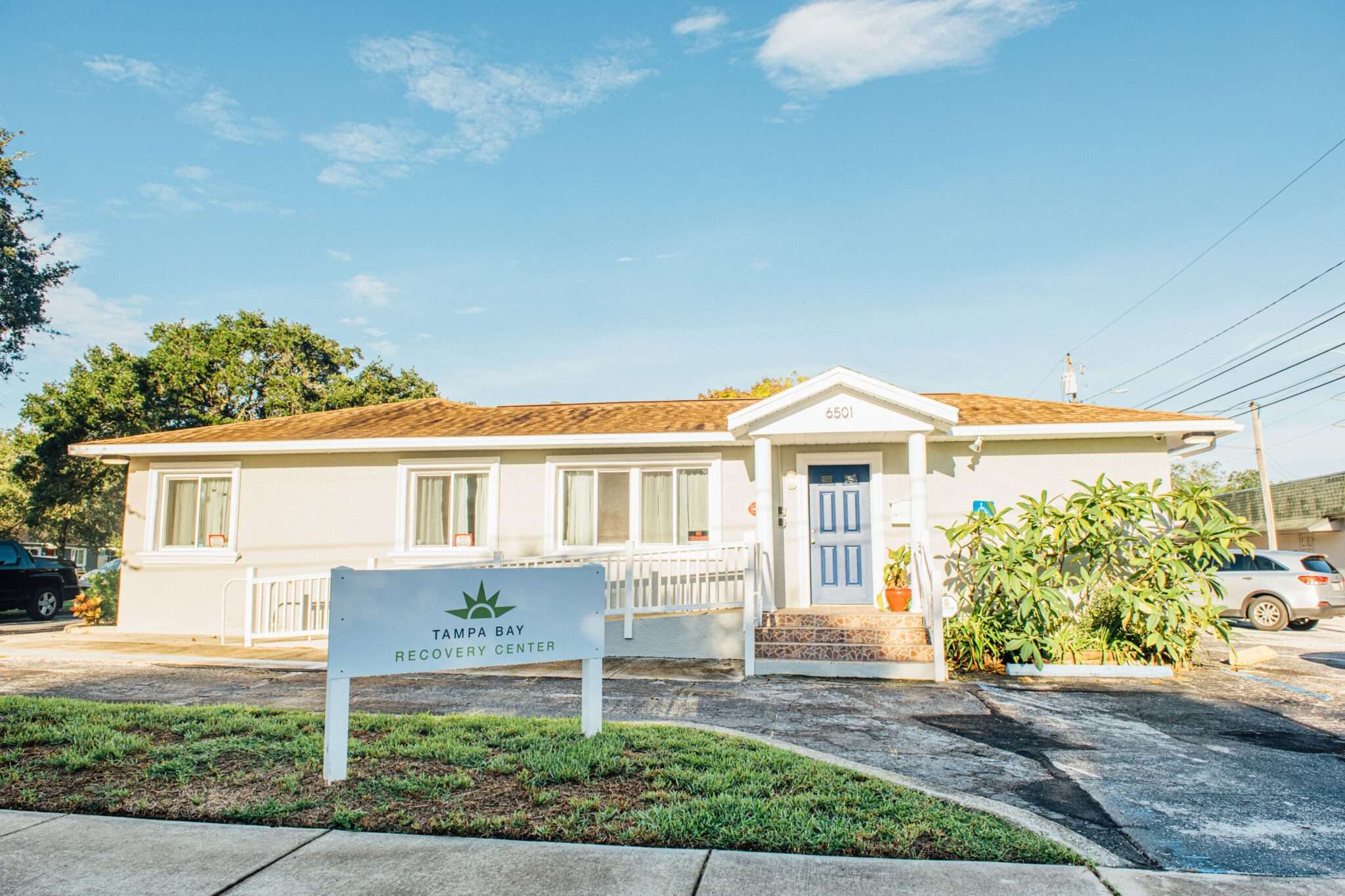Misconceptions about mental illness can lead to stigmatizing views of people with disorders. As a result, those who need help might feel ashamed and never seek treatment. Without treatment, people with mental illness suffer low quality of life and an overall diminished sense of self-worth and well-being. For others, not getting treatment could worsen symptoms and even lead to suicide.
Mental illnesses are treatable, and you can thrive in life with a mental illness. At Gulf Coast Recovery Center, we offer treatment programs for mental health and dual-diagnosis disorders. Our services and programs offer hope to those who struggle.
The following are seven common misconceptions about mental illness:
#1. Having a Mental Illness Means You’re Crazy
Stereotypes about mental illness are abundant in popular culture and media. While today, mental illnesses are not as stigmatized as in the past, many people still view themselves or others with mental illness as being out of control or insane. Some people envision television or film depictions of rambling, nonsensical people being taken away to hospitals in straight jackets.
However, mental illnesses range within a broad spectrum of disorders and severity of symptoms. In other words, symptoms are not always as overt as they are depicted in popular culture. Many people with mental illnesses function normally in most contexts and struggle silently—worried that others will see them as “crazy” if they seek treatment.
#2. People With Mental Illnesses Are Violent and Dangerous
The public tends to view people with mental illness as violent or dangerous. This goes along with the above-mentioned misconception that people with mental illness are out of control and unpredictable. Furthermore, the word “psychotic”—which describes specific symptoms of certain mental illnesses—is commonly used to describe a person acting violently.
The truth is that most people with mental illnesses are no more or less prone to violence than the general population. In fact, according to The Lancet, “People with mental illness are much more often the victims of violence rather than the perpetrators.”
However, the article does note that “people with triple morbidity (ie, individuals with severe mental illness and substance use disorder and antisocial personality disorder) are substantially more likely to be violent than people with severe mental illness alone.” But, instances of triple morbidity are rare.
#3. Mental Illnesses Are Rare
Mental illnesses are more common than you might think. According to the Centers for Disease Control and Prevention (CDC), more than 1 in 5 US adults live with a mental illness. About 1 in every 25 US adults has a serious mental illness, like schizophrenia, bipolar disorder, or major depressive disorder (MDD).
In addition, the COVID-19 pandemic increased the occurrences of mental illness among US adults. According to the National Institutes of Health (NIH), “[r]ates of anxiety, depression, and substance use disorder have increased since the beginning of the pandemic.” Furthermore, NIH states that those with mental illnesses who also get COVID-19 are more likely to die from the disease than those without a mental illness—highlighting the importance of getting mental health treatment for your overall health and wellness.
#4. Mental Illness is the Result of Personal Failure or Weakness
You’ve probably heard this before—that people with mental illness are “flawed,” “failures,” or “weak.” This misconception of mental illness can be one of the most harmful. The truth is that mental illnesses, like any disease, can affect anyone.
The causes of mental illness are complex and result from the interaction of various environmental factors, life events, and genetics. Most people have no control over the factors that cause their mental illness.
#5. People Fake Symptoms for Attention
Oftentimes, people assume that a person will fake a mental illness just to get attention. This misconception leads to people not having their symptoms validated by those closest to them. For many, this can be a form of gaslighting and denies the person struggling with symptoms the reality of their experience.
#6. Mental Illness Cannot Be Treated
Mental illnesses respond well to treatment. Although, like other chronic and relapsing diseases, there is no cure for mental illnesses, several treatment options are available to alleviate symptoms. The best approaches consider the whole person in recovery, addressing how mental illness impacts multiple areas of health and wellness.
Comprehensive treatment plans, therefore, help with your emotional, physical, social, and mental health needs. These plans can include psychiatry, talk therapy, group support, experiential therapy, and holistic approaches.
#7. Seeking Help is a Sign of Failure
One of the most common misconceptions about mental illness is about reaching out for help. Many people feel like they have failed in life if they find themselves struggling with a mental illness. They might learn to fake it on the surface, but this only leads to more problems and worsening symptoms.
Oftentimes, once you admit you have an issue and start looking for treatment options, you start to feel some relief. This is because mental illnesses often feel so overwhelming and burdensome that you can’t believe there is any hope to get better. And, once you make that first step to get help, some of that burden is lifted because you no longer need to bear the weight alone.
Compassionate and Caring Mental Health Treatment
Several misconceptions about mental illness prevent people from seeking the treatment that they need. However, by dispelling these myths and misconceptions, you can understand mental illness for what it is: a treatable condition that you don’t need to suffer from any longer. Gulf Coast Recovery Center is here to help you or your loved one find treatment options for mental illness.
Contact us today for compassionate and caring mental health treatment.
















